‘It’s not normal’: How Ukrainian children are enduring the war 1,000 days into brutal conflict
After 1000 days of war, fatigue has set in across Ukraine. But a striking image has perfectly summed up the nation’s drive to emerge from the ashes.
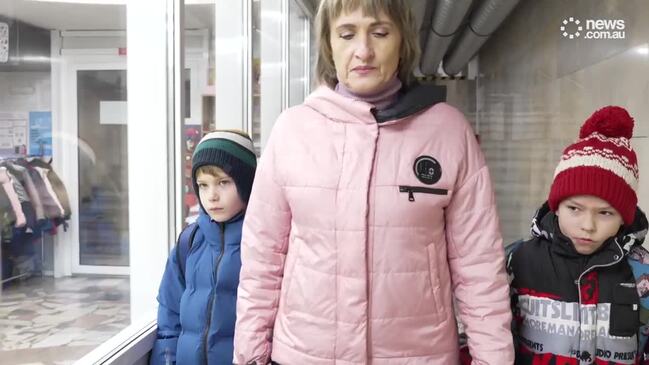
As the war in Ukraine passes its 1000th day, life underground has become the norm for thousands of children across the war-torn nation.
Russia’s “special military campaign” has devastated large parts of the country and Vladimir Putin has shown no sign of stopping in his goal to annex the nation and expel NATO influence.
Soldiers on the front lines face devastating conditions as the death toll rises to more than 30,000, while their children back at home go to sleep wondering if the next missile will land on their building.
The devastating human and material losses continue to mount by the day, with Ukraine spending some $140 million dollars every 24 hours to sustain their war effort.
Since February 2022, at least 11,743 civilians have been killed and 24,614 wounded. Ukrainian prosecutors reported 589 child casualties by November 14, 2024.
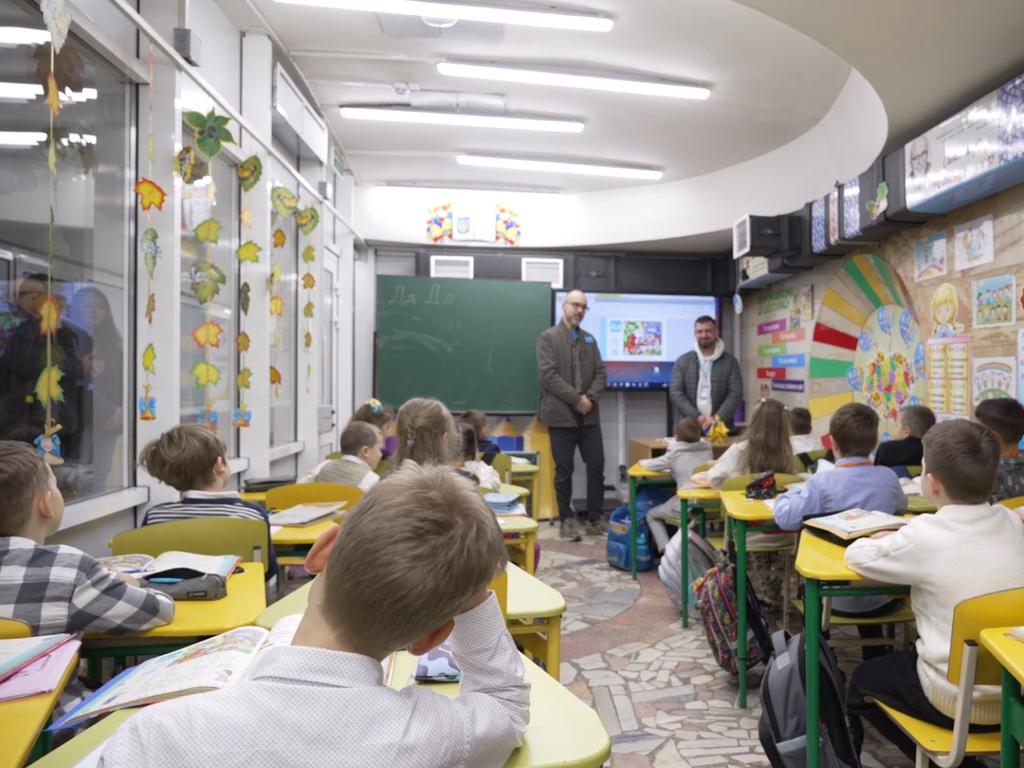

Meanwhile, more than six million Ukrainians have fled abroad, and nearly four million have been displaced internally, contributing to a 10 million decline in the population.
Toby Fricker, who has been with UNICEF Ukraine since 2015, spoke candidly this week about the devastating toll the conflict has taken on the nation’s youngest and most innocent.
Mr Fricker, who leads advocacy and communication at UNICEF Ukraine, said the resilience of the Ukrainian people was striking but said there is a profound fatigue that has set in after years of sustained violence.
“There’s extraordinary resilience among people here, especially families and children, despite the devastation and ongoing fighting,” Mr Fricker told news.com.au.
“However, fatigue is setting in after nearly three years of war, and in the east, it’s been over a decade of conflict. What’s particularly concerning for UNICEF is the normalisation of war - what has become everyday life.
“For example, in Kharkiv, schools have been set up in metro stations for safety. Kids are smiling, engaging in lessons in these underground classrooms, but it’s not normal,” he said.
“Many schools are still closed due to the danger, and while online learning is an option, it lacks the crucial interaction and holistic development that in-person schooling provides. The war continues to disrupt everyday childhood, and these challenges are immense.
“It’s astonishing to see, given what’s been going on and the devastation and the impact of attacks and obviously the intense fighting across the front lines.”
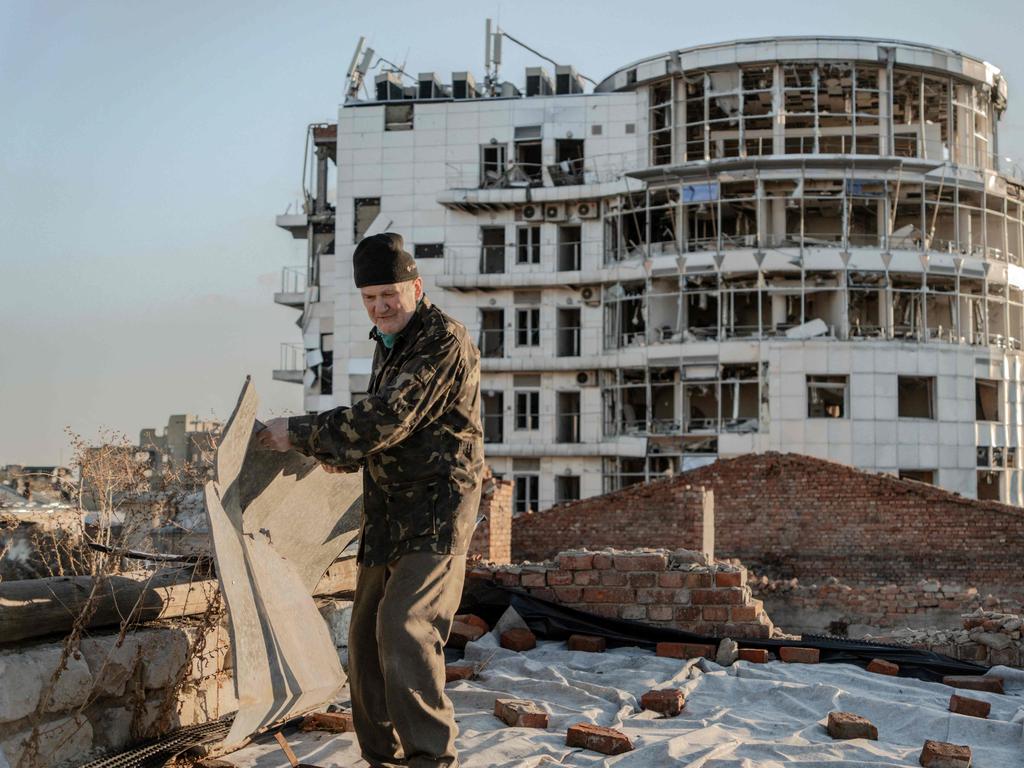
The makeshift schools are a stark reminder of how far the conflict has permeated daily life. Children who once attended school in classrooms now sit in underground spaces, trying to focus on lessons amid the ongoing threat of air strikes.
UNICEF’s work focuses on providing safe water, psychosocial support, digital learning, and health and nutrition for children in conflict zones.
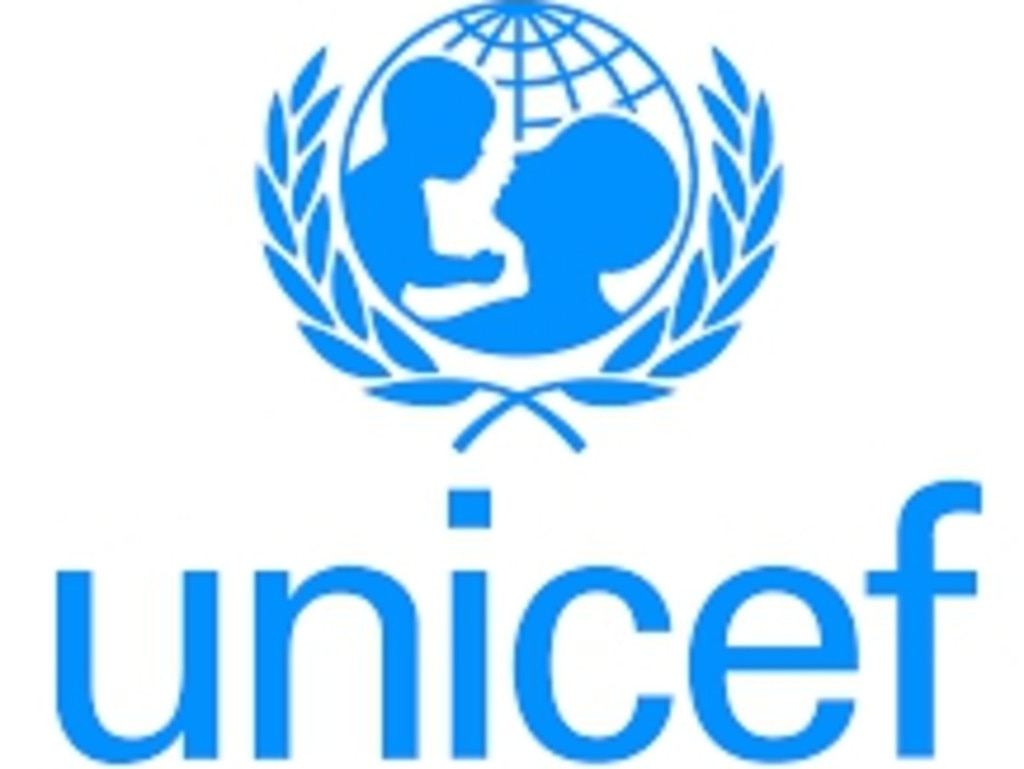
Mr Fricker reflected on one of the more confronting scenes he has witnessed while in Ukraine, mentioning a hollowed out apartment building in Kharkiv, a city placed perilously close to the Russian border in the nation’s east.
“We were in a district of Kharkiv, just the other day, and there’d been a massive strike on a residential building, like a large apartment block,” he said.
“The heart of it was ripped out. You could see clothes on a washing line still drying, it was obviously hung up in someone’s living area.
“It was sort of hanging down precariously off the edge of this destroyed apartment building.
“Then you see a shelf in what was most likely part of the kitchen, you know, where everyday life was going on until this block was hit.
“In that particular attack, actually, two children were reportedly killed.
“I think that that’s the reality of war, and that’s the devastation of war. And I think you don’t know until it’s there in your face, people are removed from that.
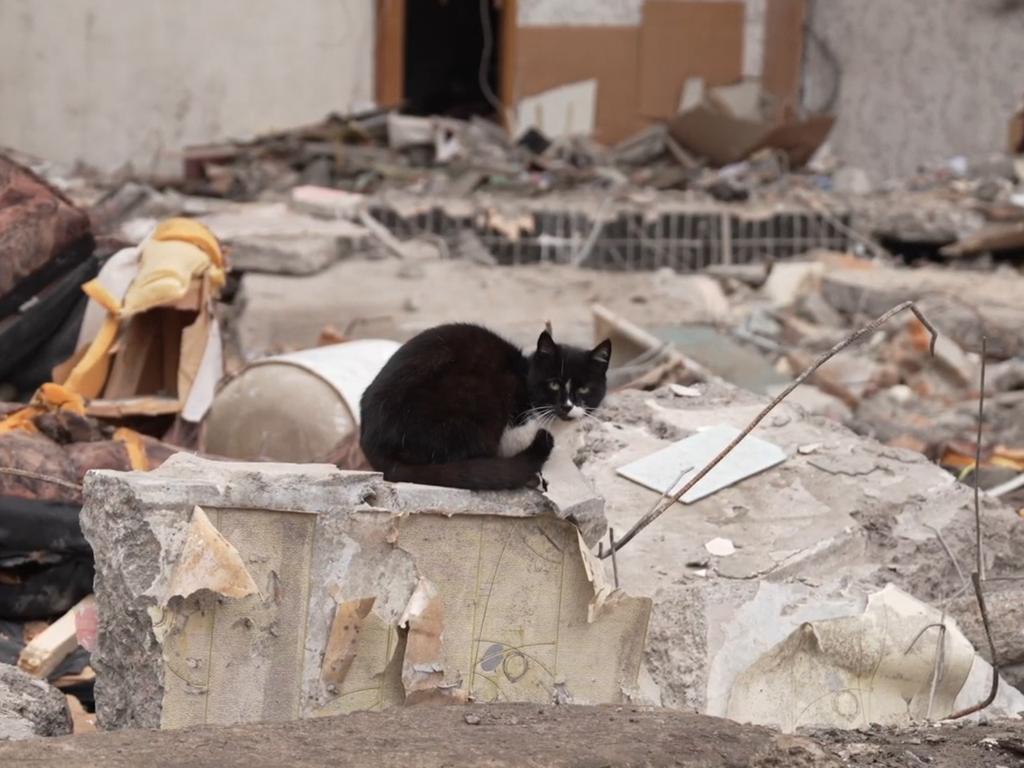
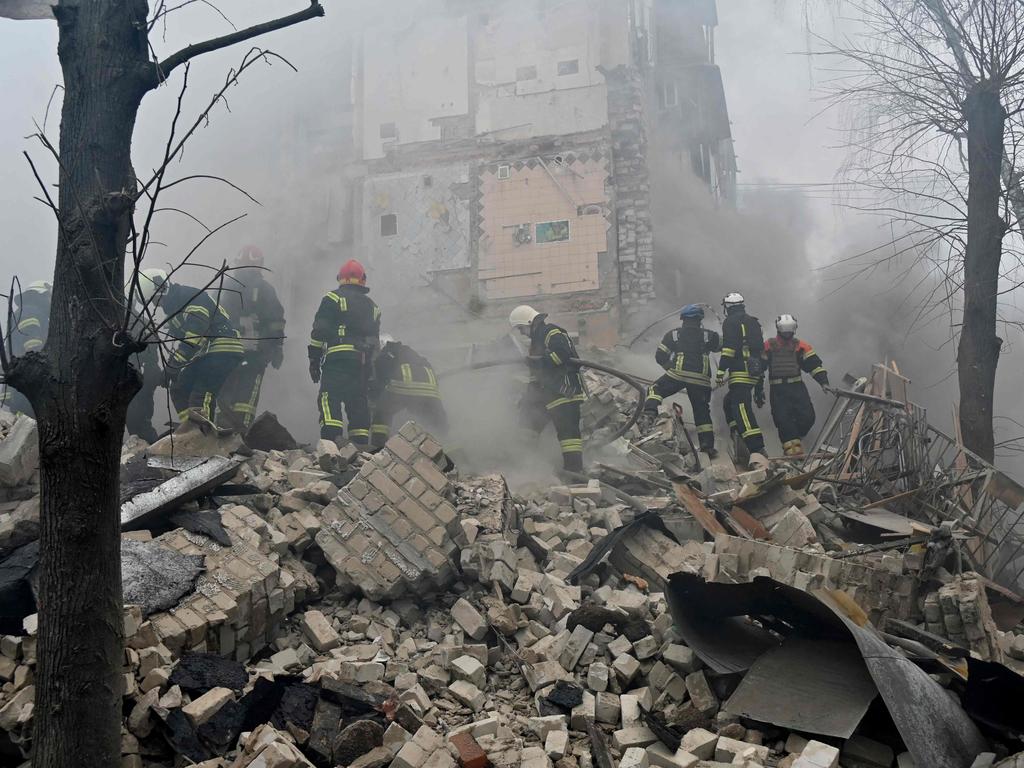
Mr Fricker said amid the relentless 24 hour news cycle, there is a distinct “problem” in getting people’s attention.
“(It’s important to) get people to understand the real, true horrors that children are going through day in, day out, children who are having to go to shelters day in, day out,” he said.
“One of our challenges is trying to get that message across to decision makers, to public as well, to get people engaged in the issue and keep speaking out for children in Ukraine and in other crises across the world.”
But the war rages on.
Territorially, Russia occupies and claims to have annexed about a fifth of Ukraine, an area the size of Greece.
Ukraine is fighting tooth and nail to keep its day-to-day operations as stable as possible. The economy shrank by about a third in 2022, and despite some recovery, it remains at 78 per cent of pre-war size.
Direct war damage reached $152 billion by December 2023, with total reconstruction costs estimated to be over $486 billion.
Donate to UNICEF to provide much-needed resources to children stuck in war zones across the planet.




